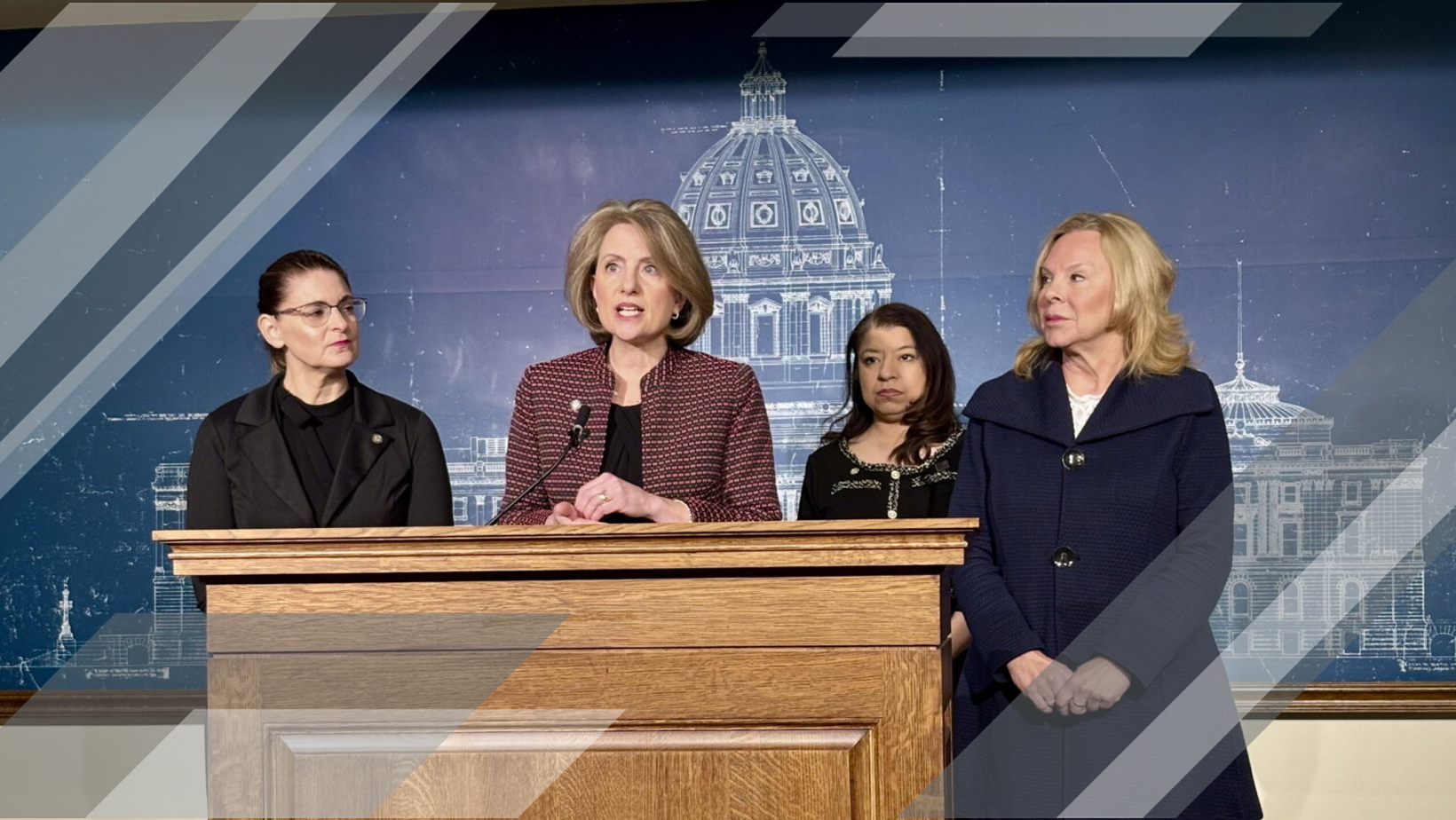Minnesota Program Fraud Exposes Oversight Failures in State and Legislature

Despite previous audit reports recommending stronger financial controls, state officials, particularly within the Minnesota Department of Human Services, allowed community organizations to manage important programs without adequate verification of their legitimacy or the accuracy of their claims. This lack of oversight led to misuse of millions in taxpayer funds intended for services such as food, child care, and housing, disproportionately affecting vulnerable families, including Somali communities.
Federal and county investigations revealed that individuals within these organizations committed fraud by claiming to serve thousands of people while diverting funds to personal purchases like luxury homes and vehicles. These misappropriations have eroded public trust in government programs and highlighted systemic shortcomings in state management practices.
Additionally, some legislators attempted to downplay or dismiss the scale of fraud in these programs. Notably, certain lawmakers resisted efforts by the Office of the Legislative Auditor to examine and publicly report on fraud issues, with statements minimizing fraud as an inevitable aspect of public programs. Procedural barriers were also placed on presenting audit findings to legislative committees, reflecting tensions between oversight bodies and lawmakers.
Conversely, federal agencies such as the U.S. Attorney’s Office and the FBI actively pursued investigations and prosecutions to hold perpetrators accountable, partly compensating for insufficient state-level action. Their commitment to enforcement serves as a critical mechanism in addressing misuse of government funds.
The situation underscores the need for enhanced compliance measures, transparent auditing processes, and legislative support for accountability in human services programs. It also suggests broader implications for the governance of publicly funded initiatives, emphasizing rigorous verification procedures and robust oversight to protect taxpayer investments and service recipients.
This case study of Minnesota’s program fraud reveals complex interactions between government branches, community organizations, and federal entities. Lessons learned may inform policy improvements and risk management strategies across states facing similar challenges in safeguarding social service funds.

